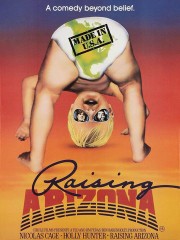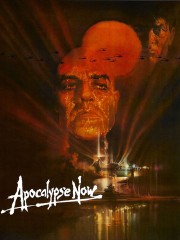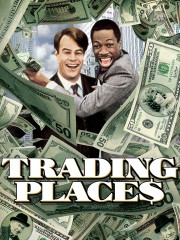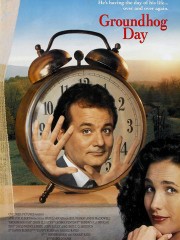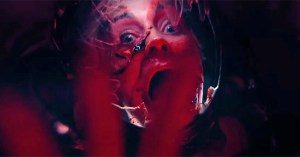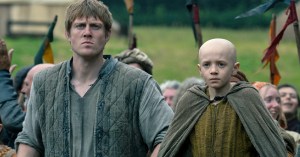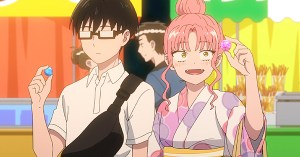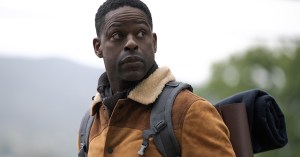Ed Helms’ Five Favorite Films
The star of Chappaquiddick talks about his love for Eddie Murphy and a Coen brothers classic.

(Photo by Jason LaVeris/Getty Images)
Comedy Central’s The Daily Show has been fortunate enough to count some of contemporary comedy’s sharpest talents among its alumni, including Steve Carell, Stephen Colbert, Samantha Bee, Robs Riggle and Corddry, and Ed Helms, who stars alongside Jason Clarke and Kate Mara in this week’s Chappaquiddick. Yes, Chappaquiddick is a political thriller based on the real-life scandal in 1969 when senator Ted Kennedy drove his car off a bridge, swam to safety, and left his passenger, Mary Jo Kopechne, to drown, so it’s not exactly a barrel of laughs. But after a starring gig on NBC’s hit sitcom The Office and a string of popular comedies like the Hangover trilogy, Helms is looking to expand his horizons.
With Chappaquiddick opening in theaters today, Helms took some time to speak with RT about his Five Favorite Films, explaining how a Coen brothers classic helped him realize he wanted to be an actor and why he was obsessed with Eddie Murphy as a kid. Read on for the full list!
Ryan Fujitani for Rotten Tomatoes: I remember you first and foremost from The Daily Show, where your field correspondent segments were some of my favorite, and then, of course, there was The Office. I think most people know you for your comedic roles, and here you are in this dark, serious political thriller, and I’m wondering what that transition was like for you. Is this the path you always saw yourself ultimately pursuing in your career?
Ed Helms: Great question, and I think the answer is that, for so many years, I never really wanted to do much besides comedy. It’s really why I got into the show business in the first place, was a love of just abject silliness.
RT: And you’re so good at it.
Helms: Well, thank you. It’s all I ever wanted to do for a long time, but somewhere along the line, I think some maturity started to creep in — and I’m very resentful of that, by the way — but you can’t help it. Life just kind of teaches you lessons, and I guess we all have to grow and mature in some way or another, but as a result, I’m much more open-minded about taking on different stories and roles. For me, the most important thing is just, is it gonna be a compelling story, and something that’s a role that I can sink my teeth into? And I just love this, and I really credit John Curran, the director, with sort of seeing me in this role, because he just was so enthusiastic about me from the get-go, and even more so than I was. I wasn’t sure I was right for it, but I saw it as a rather exciting challenge, and I did love the story, and I’m so proud of the result. I just love the movie, and I’d be thrilled to do more things like it. Like I said, I feel pretty genre-agnostic at this point, and I’m just here to chase the exciting roles and exciting stories.
Chappaquiddick opens everywhere today, April 6. Read reviews for it here.


